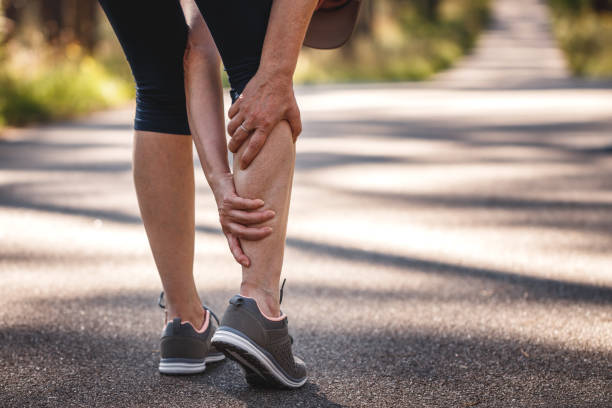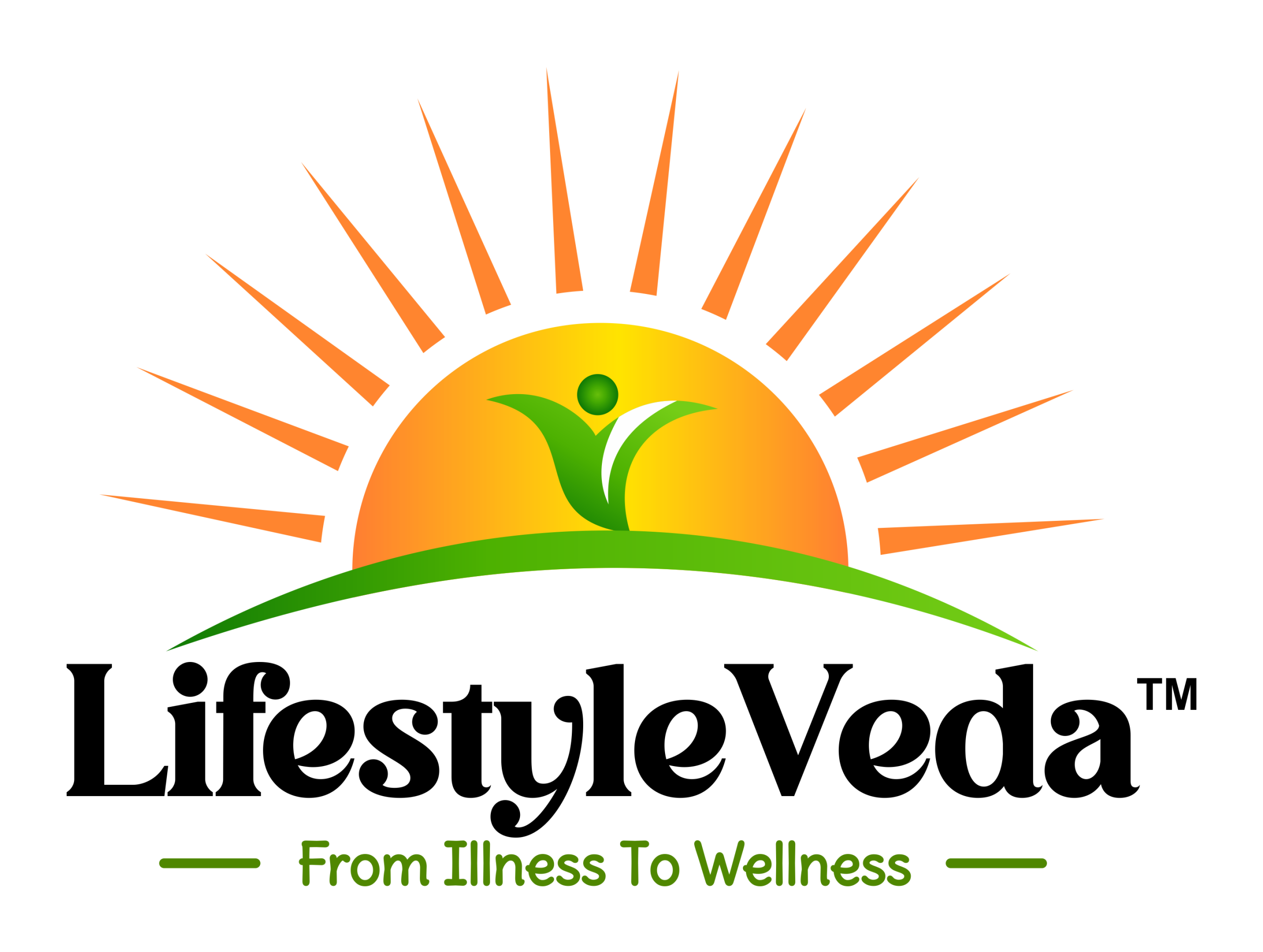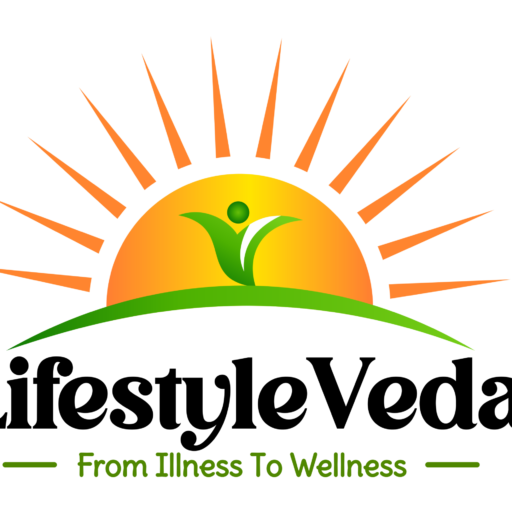Calf Muscle Pain

Calf muscle pain is a common condition that can range from mild discomfort to severe pain, affecting daily activities. The calf muscles (gastrocnemius and soleus) are responsible for movement and support while walking, running, or standing. Pain in this area can be caused by muscle strain, cramps, or underlying health issues.
Causes of Calf Muscle Pain
• Muscle strain – Overuse, excessive stretching, or sudden movements
• Cramps – Sudden muscle contractions due to dehydration, electrolyte imbalance, or fatigue
• Achilles tendonitis – Inflammation of the tendon connecting the calf muscle to the heel
• Varicose veins – Poor circulation leading to pain and swelling
• Deep vein thrombosis (DVT) – A blood clot in the leg veins causing pain and swelling (medical emergency)
• Peripheral artery disease (PAD) – Reduced blood flow due to artery blockages
• Sciatica – Nerve compression causing pain that radiates down the leg
Symptoms of Calf Muscle Pain
• Sharp or dull aching pain in the calf
• Tightness or stiffness in the muscles
• Swelling or tenderness in the affected area
• Cramping or sudden spasms in the calf
• Difficulty in walking or standing for long periods
Homeopathic Treatment for Calf Muscle Pain
Homeopathy provides natural and effective relief by addressing the root cause of pain, reducing inflammation, and promoting muscle healing.
• Arnica Montana – Best for muscle soreness and pain due to overexertion or injury.
• Rhus Toxicodendron – Effective for pain that worsens with rest and improves with movement.
• Bryonia Alba – Helps with pain that worsens with movement and improves with rest.
• Magnesia Phosphorica – Ideal for calf cramps and muscle spasms, especially at night.
• Calcarea Carbonica – Beneficial for weakness and cramping in the calf muscles.
• Cuprum Metallicum – Used for violent cramps and muscle tightness.
Preventive Measures & Self-Care
• Stay hydrated – Drink plenty of water to prevent muscle cramps.
• Stretch regularly – Perform calf stretches before and after exercise.
• Use proper footwear – Supportive shoes reduce strain on calf muscles.
• Apply heat or cold therapy – Ice reduces swelling, while heat relaxes tight muscles.
• Massage the affected area – Helps improve blood circulation and relieve stiffness.
• Avoid prolonged sitting or standing – Take breaks to move around.

